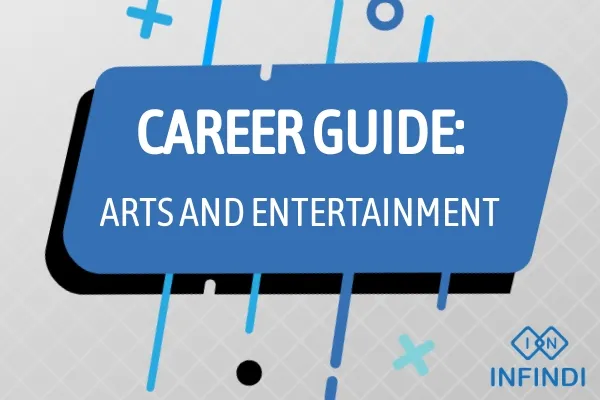For those with a passion for creativity and a desire to captivate audiences, careers in arts and entertainment offer a thrilling and dynamic journey. Whether you’re an experienced professional in the field or someone exploring entry-level opportunities, understanding the intricacies of jobs in arts and entertainment is crucial. This article aims to provide a comprehensive guide to arts and entertainment jobs, addressing duties, salary expectations, job descriptions, skills, qualifications, education and training requirements, experience prerequisites, frequently asked questions, and daily tasks.
1. Duties and Responsibilities
Professionals in the arts and entertainment industry contribute to the creation and delivery of captivating experiences for audiences. Common duties and responsibilities include:
- Performance: Engaging in live performances, such as acting, singing, dancing, or playing musical instruments.
- Content Creation: Developing and creating artistic content, including writing, directing, or producing.
- Event Coordination: Planning and organizing events, exhibitions, or performances.
- Technical Support: Providing technical support for performances, including lighting, sound, and stage management.
- Promotion: Marketing and promoting artistic work through various channels.
2. Salary Expectations
The salary for jobs in arts and entertainment varies based on factors such as experience, industry, and location. Entry-level positions may start at around $35,000 annually, while experienced professionals in leading roles can earn well over $70,000. Industries like film, television, theater, and event management tend to offer competitive salaries.
3. Possible Job Descriptions
The arts and entertainment industry offers diverse roles, each contributing to the creation and presentation of artistic content:
- Actor/Actress: Performing roles in plays, films, or television productions.
- Film Director: Overseeing the creative aspects of film production, from script to post-production.
- Event Planner: Coordinating and organizing events, exhibitions, or performances.
- Musician: Playing musical instruments or composing and producing music.
- Graphic Designer: Creating visual content for promotional materials, websites, or publications.
4. Skills and Qualifications
Successful professionals in arts and entertainment possess a combination of artistic talent, creativity, and practical skills. Key skills include:
- Artistic Talent: Demonstrating proficiency in a specific art form, whether it be acting, singing, visual arts, or others.
- Creativity: Generating original and innovative ideas for artistic expression.
- Collaboration: Working effectively with teams of artists, directors, and technical support.
- Adaptability: Navigating the dynamic and evolving nature of the industry.
- Technical Proficiency: Utilizing relevant tools and technologies in the field.
5. Education and Training Requirements
While formal education in the arts, entertainment, or a related field is beneficial, practical experience and a strong portfolio are often equally important. Many professionals in this industry develop their skills through hands-on experience, workshops, and continuous learning.
6. Experience Requirements
Entry into the arts and entertainment industry may not always require extensive experience, especially for those with exceptional talent and creativity. However, moving into leading roles or specialized positions often involves gaining significant experience and recognition within the industry.
7. Frequently Asked Questions
Q: Can I pursue a career in arts and entertainment without a formal degree?
A: Yes, many successful professionals in the arts and entertainment industry have built their careers through practical experience, talent, and a strong portfolio.
Q: Are there opportunities for freelance work in arts and entertainment?
A: Yes, freelance opportunities are common in fields such as graphic design, writing, and certain performance arts.
Q: How is technology impacting the arts and entertainment industry?
A: Technology has revolutionized the industry, influencing everything from digital content creation to online performances and virtual exhibitions.
8. Daily Tasks and To-Do Lists
The daily tasks of professionals in arts and entertainment can vary based on their specific roles, but a typical to-do list may include:
- Rehearsing and preparing for performances.
- Creating and developing artistic content.
- Collaborating with teams on production and event planning.
- Marketing and promoting artistic work through various channels.
- Engaging with audiences and fans through social media and other platforms.
In conclusion, a career in arts and entertainment offers a thrilling and rewarding journey for individuals passionate about creativity and artistic expression. Whether you’re an established professional or a budding talent, understanding the duties, qualifications, and daily tasks associated with jobs in arts and entertainment will pave the way for a fulfilling and vibrant career. Explore opportunities, showcase your creativity, and embark on a journey of bringing joy and inspiration to audiences worldwide.

